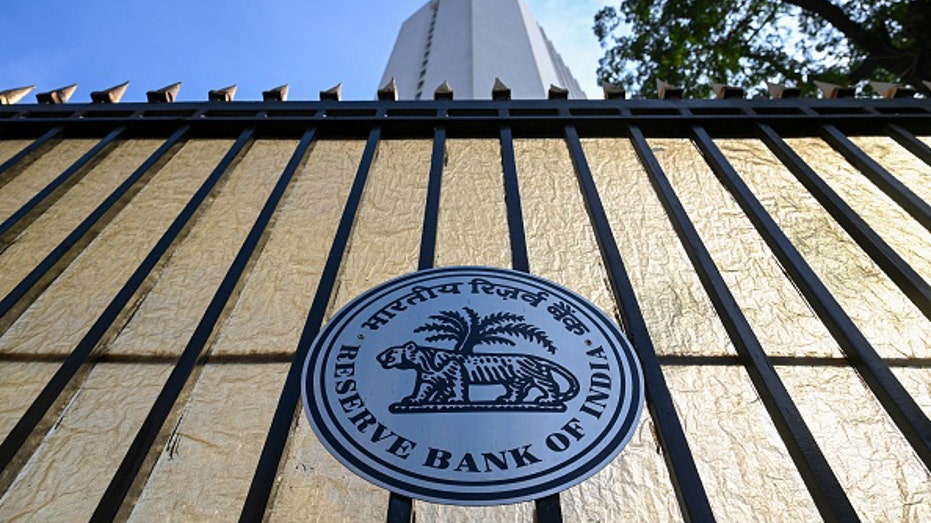India slows rate of new currency being introduced into its economy
India slows pace of increasing money supply
India's currency in circulation has increased by only around 500 billion rupees in the first four months of this financial year that began in April, which is nearly half the pace of the same period a year ago.
"Economic activity is completely back to pre-pandemic levels, and hence there is hardly any need for panic-driven cash withdrawals, which is leading to a drop in cash in circulation," a trader with a state-run bank said.
The rise in the cash in circulation for April-July stood at 508 billion rupees ($6.38 billion), as compared to 928 billion rupees for the similar period last year and a mammoth 2.25 trillion rupees in 2020-21, the peak of lockdown, data from the Reserve Bank of India showed.
GOOGLE TO INVEST $1B TO PUSH INDIA'S DIGITALIZATION
The currency in circulation had jumped by over four trillion rupees in 2020-21, while the increase tapered to 2.80 trillion rupees in the last financial year, and market participants expect another drop in the current year.

India's pace of increase of currency in circulation slows. Pictured: The front of the Reserve Bank of India in Mumbai on Nov. 17, 2021. (Punit Paranjpe/AFP via Getty Images / Getty Images)
"We do not have any major elections in the remaining part of the year and could just have around two trillion rupees of rise for the full year. The impact on overall surplus may not be large," a trader with a primary dealership said.
Meanwhile, India’s banking system liquidity surplus remains around two trillion rupees, and Kotak Mahindra Bank expects the surplus to ease to around 1.50 trillion rupees by end of this week.
One-day interbank call money rate was at 4.75%, while the overnight tripartite repo or TREPS rate was at 4.50%.
SERIES OF LIGHTNING STRIKES ACROSS INDIA KILLS 20 PEOPLE
Traders also await the RBI’s monetary policy decision tomorrow, and apart from a hike in repo rate, any measure or commentary on liquidity management would impact money markets.




















